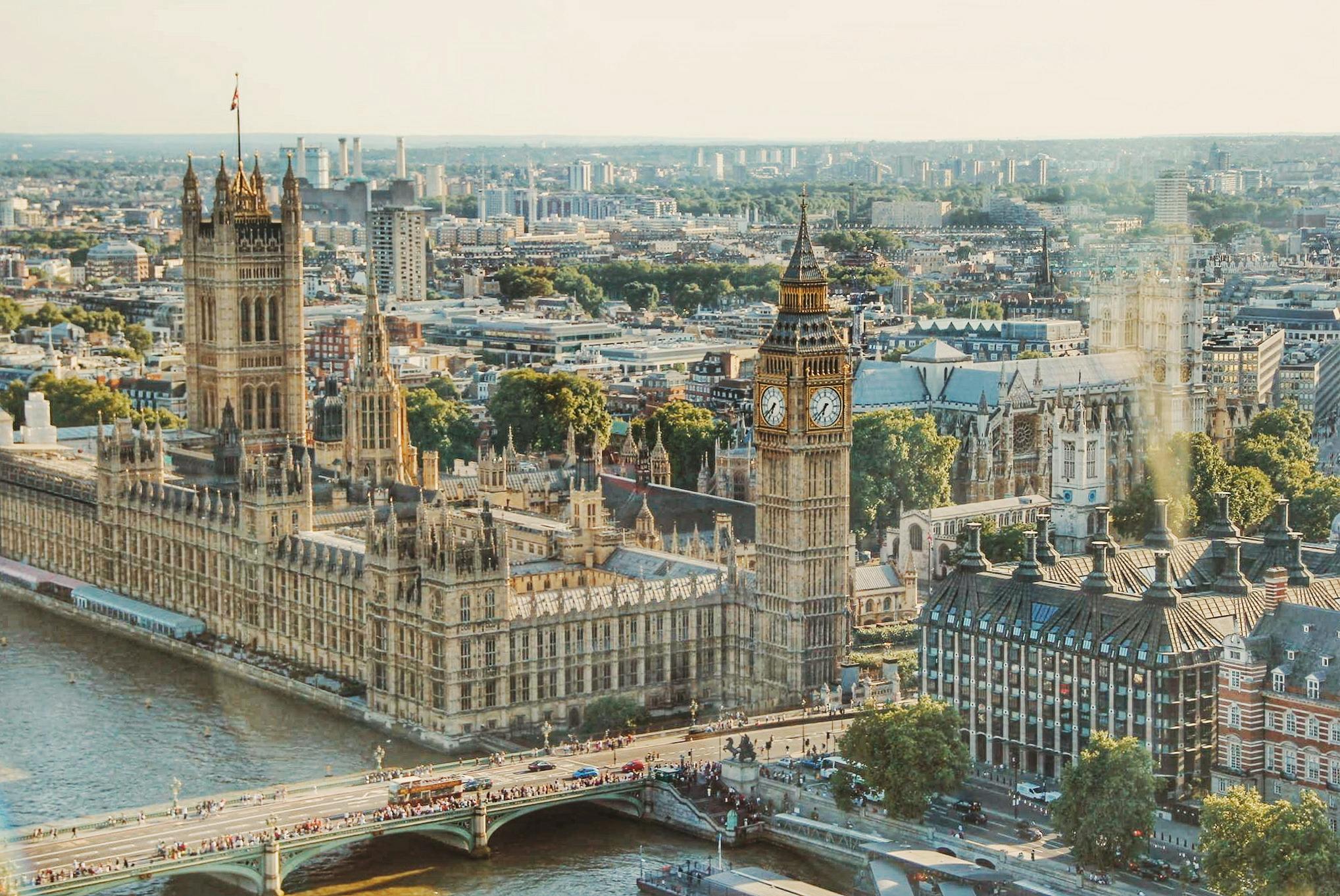Following what was expected to be a ‘boring budget’, we’ve actually seen a set of explosive changes that we can expect to make a big difference to both those on low and high incomes during the Spring Budget 2023. In this article, we cover and analyse the key points the Chancellor, Jeremy Hunt, has set out that are specifically affecting pensions.
Lifetime Allowance (LTA) Abolition
The LTA is the maximum that can be held in a pension: currently set at around £1.073 million. This used to be far larger but has been progressively reduced over a number of years; a journey that began in 2012/13 when the LTA came down from £1.8m all the way to £1m in 2017/2018. The plan was for the allowance to increase with CPI, but they froze it following COVID in 2020/2021. This is why it has come as a big surprise that the lifetime allowance is no more. Breaching the limit used to result in a tax charge of 25% on income, or 55% if you take a lump sum.
The move is likely designed to encourage people to work for longer, such as doctors, who have typically been incentivised to retire due to their pensions breaching this limit. Whether it formally becomes accepted into law is another matter, as it needs to be set out and approved in a future Finance Bill. Kwasi Kwarteng eliminated additional rate tax, which met a quick death and, whilst those with big pensions wait with bated breath, anything could happen at this stage.
Annual Allowance Increases by £20,000
The maximum cap on what can be paid into pensions has been increased from £40,000 to £60,000 per annum. This is a huge increase which will be well received by many groups of society. Those earning high salaries who have Defined Benefit pensions will be particularly pleased, such as doctors and civil servants – who often get penalised simply by working an extra year at work.
High earners will generally have a great opportunity to save more for their retirement and reduce their tax bill by making pension contributions. As far as we know, there will still be limitations on contributions due to pension tapering, where the amount you can contribute reduces.
Business owners who want to extract money from their business will also be excited at the developments, especially as corporation tax is set to rise on an escalating basis from 19% to 25% as of the April tax year.
Annual Allowance Minimum Rises To £10,000
The Annual Allowance reduces either when you earn too much money or where you have started taking pension income. This previously had a minimum allowance set at £4,000 but has increased to £10,000. Those earning high incomes who had little option to utilise pensions can now make more material contributions and get exposure to some tax savings (albeit small compared to their overall income). This also means for those who had to access taxable pension income or who have partially retired can contribute more to pensions, which can be valuable when you and your employer are paying into a workplace pension.
Tapering Threshold Increased By £20,000
The threshold where your pension annual allowance starts to reduce is increasing from £240,000 to £260,000; a move that will open up more scope to contribute to your pension for those with high earnings. For those that still end up having their annual allowance incur full tapering and thus get reduced, this will also be at the new £10,000 limit (formally £4,000).
The Inheritance Tax Saving Opportunity
Pensions are outside of your estate for the purposes of inheritance tax planning. What this means is for those who are still working or have businesses and thus can make contributions, there is exciting scope to not only fund retirement but reduce potential inheritance tax bills. As it stands, the main inheritance tax allowance (the nil-rate band) has been frozen since 2009 at £325,000 and is expected to remain at this level until 2028. There is also the ‘residential nil-rate band’, which allows you to leave £175,000 of your home to your direct descendants. A couple with children could therefore leave £1,000,000 to their children upon their death before paying 40% tax.
There are a number of methods to mitigate against inheritance tax but most of them are either expensive or complicated – unless you are willing to make outright gifts. The issue with gifts is what happens if you end up needing the money for retirement or even for long-term care costs?
The simple solution is pensions. This gives you complete control and access to your money, without having to pay any insurance premiums, trust fees or other trust-related costs. You have to pay for the investment-related costs, but these are usually much smaller in comparison and would be incurred as a matter of course in a trust. Now that the LTA cap has disappeared and you can contribute more, it will make more sense that ever to fund pensions for both the long term and generations.
Conclusion
Overall, this is very positive news for those with pensions – both close to retirement and in the early stages who are high earners. We have seen other positive changes which include increases to state benefits, enhanced childcare, frozen fuel duty and maintaining the energy guarantee. The majority of the support however should go to those who are struggling with the cost of living and, as a result, I would maintain a healthy scepticism over the announced changes on pensions until we see them come to fruition.
If you have been affected by anything covered in this article, have any questions or need assistance – please reach out to us on 0207 082 5500 or book a meeting on our website.
The value of investments can rise and fall and you may get back less than you invested.
Proposed changes to pension rules are subject to being implemented via legislation and may change. The content of this article is based on current planned tax changes and existing tax law and there is no guarantee that these may not change again in the future.
Tax-free cash – At present there has been no confirmation on how the abolition of the lifetime allowance will impact the amount of tax-free cash you are entitled to from your pension. Whilst tax-free cash could become uncapped, there is no guarantee that this will happen.






